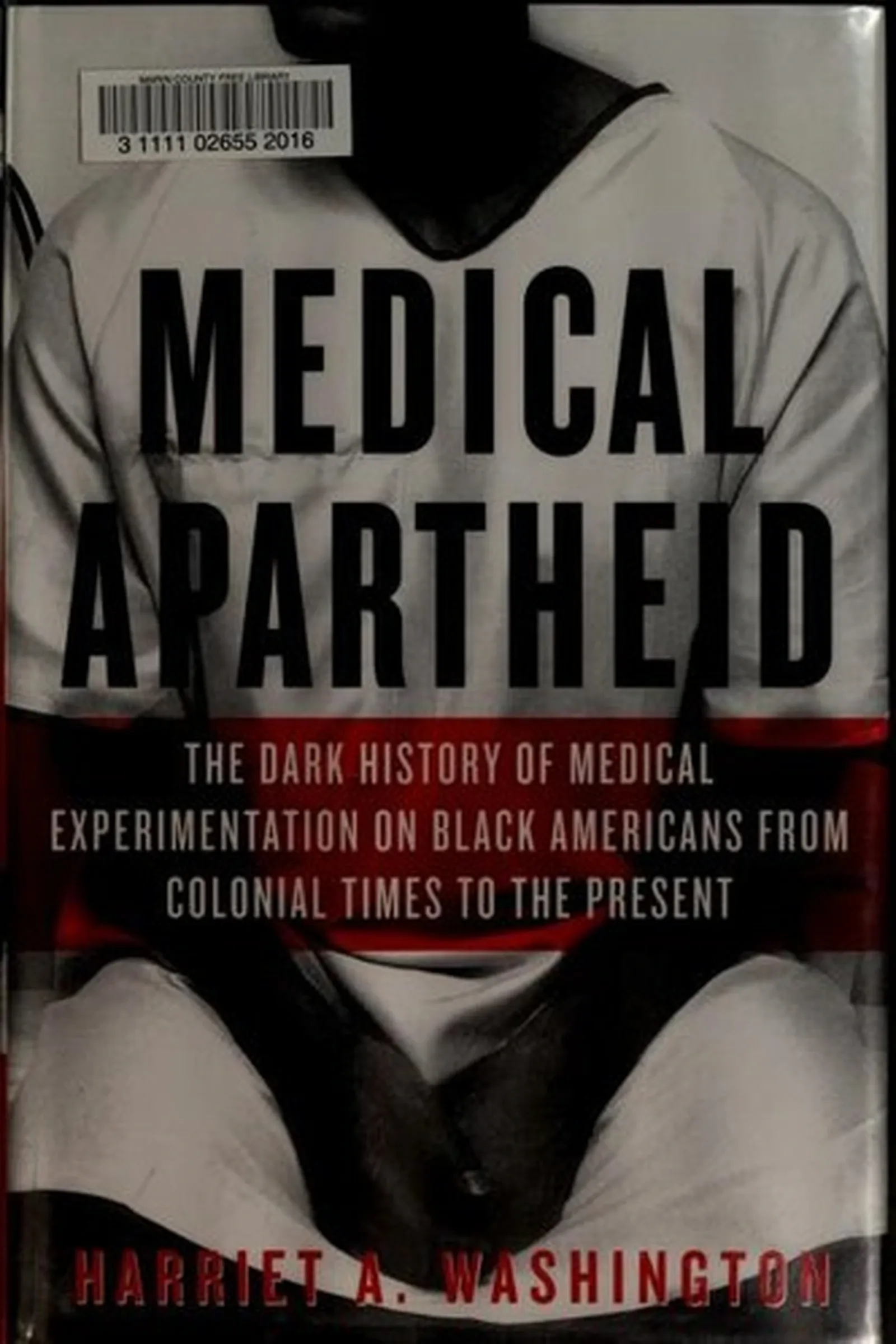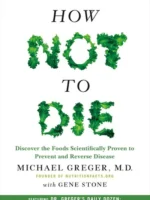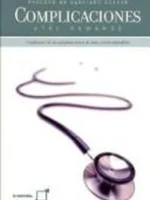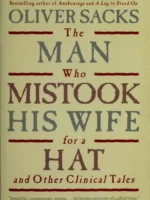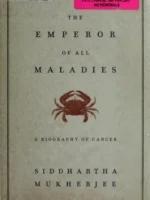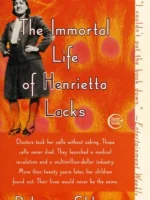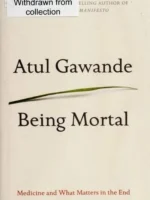Medical Apartheid, Harriet Washington, 2006
- Author: Harriet Washington
- Genre: BioMedicine
- Publisher: Anchor Books
- Publication Year: 2006
- Pages: 528
- Format: Paperback
- Language: English
- ISBN: 978-0767915472
- Rating: 4,3 ★★★★★
Medical Apartheid Review
About
Published in 2006, Harriet A. Washington’s Medical Apartheid is a groundbreaking and unsettling history of medical experimentation on African Americans—from slavery to the modern era. Winner of the National Book Critics Circle Award, the book documents centuries of abuse, neglect, and exploitation that shaped both medicine and racial inequality. It’s a monumental work of scholarship and moral clarity, forcing readers to confront how science has often served power rather than humanity.
Overview
Washington meticulously traces the evolution of medical racism: from slaveowners’ experiments to the Tuskegee Syphilis Study, and into contemporary disparities in healthcare. Each chapter reveals how myths about Black biology were constructed to justify unethical treatment, and how those same myths linger in modern research and clinical bias. The author balances academic rigor with narrative force, giving voice to those erased by history. This is not a book about outrage—it’s about accountability, memory, and the moral obligation to do better.
Summary
(light spoilers) The book opens with early cases of surgical experimentation on enslaved women and proceeds through Reconstruction, eugenics, and mid-20th-century medical abuses. Washington exposes how institutional racism shaped everything from anatomy lessons to public health policy. She examines the false “science” used to justify oppression and the real-world consequences that persist in maternal mortality and mistrust of the medical system today. The final chapters bridge past and present, urging reforms in consent, transparency, and education. The closing message is powerful: medicine’s future must be honest about its past.
Key Themes / Main Ideas
• Racism in science — exploitation disguised as research.
• Consent and ethics — whose bodies built modern medicine.
• Memory and justice — remembering as an act of repair.
• Systemic inequality — how bias continues in modern care.
• Truth and healing — facing the past to rebuild trust.
Strengths and Weaknesses
• Strengths — Exhaustively researched, morally unflinching, and deeply humane.
• Strengths — Washington restores agency to victims history tried to erase.
• Weaknesses — The density and emotional weight make it challenging to read in one sitting.
• Weaknesses — Some repetition of examples, though each adds historical depth.
Reviewed with focus on themes, audience, and takeaways — Harriet A. Washington
| pa_author | Harriet Washington |
|---|---|
| ISBN | 978-4-701-64212-5 |
| pa_year | 1979 |
| Pages | 401 |
| Language | English |

